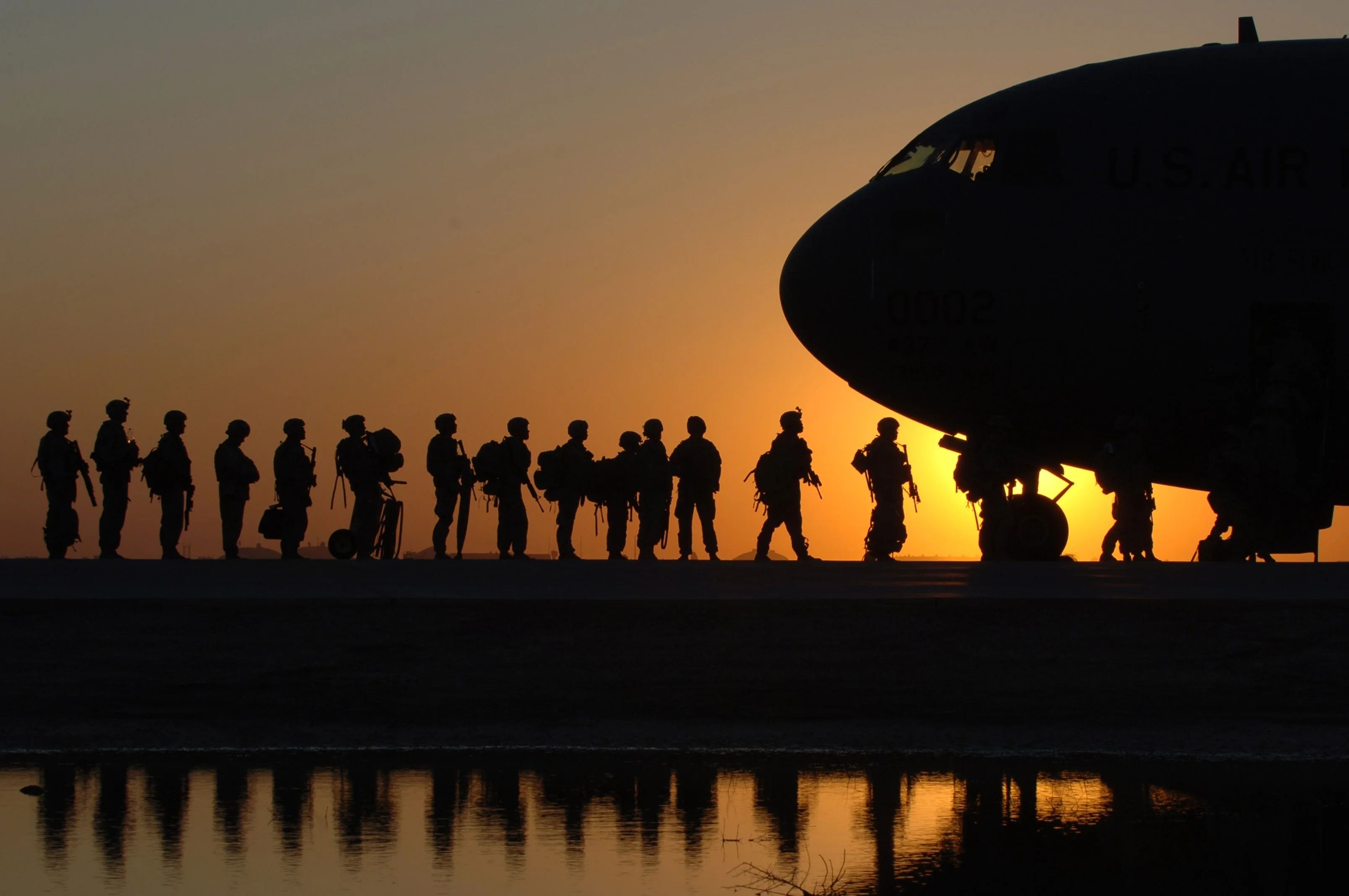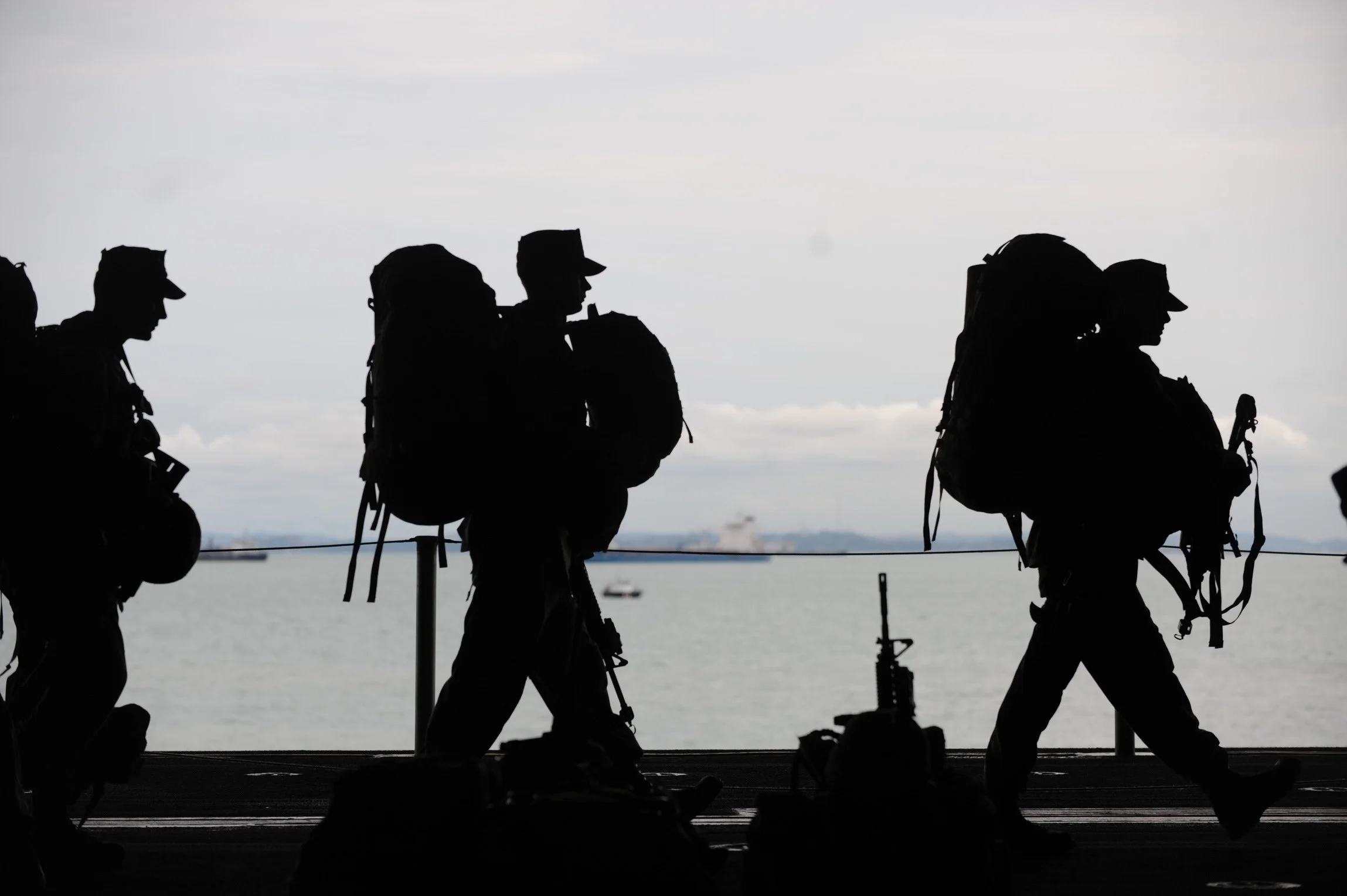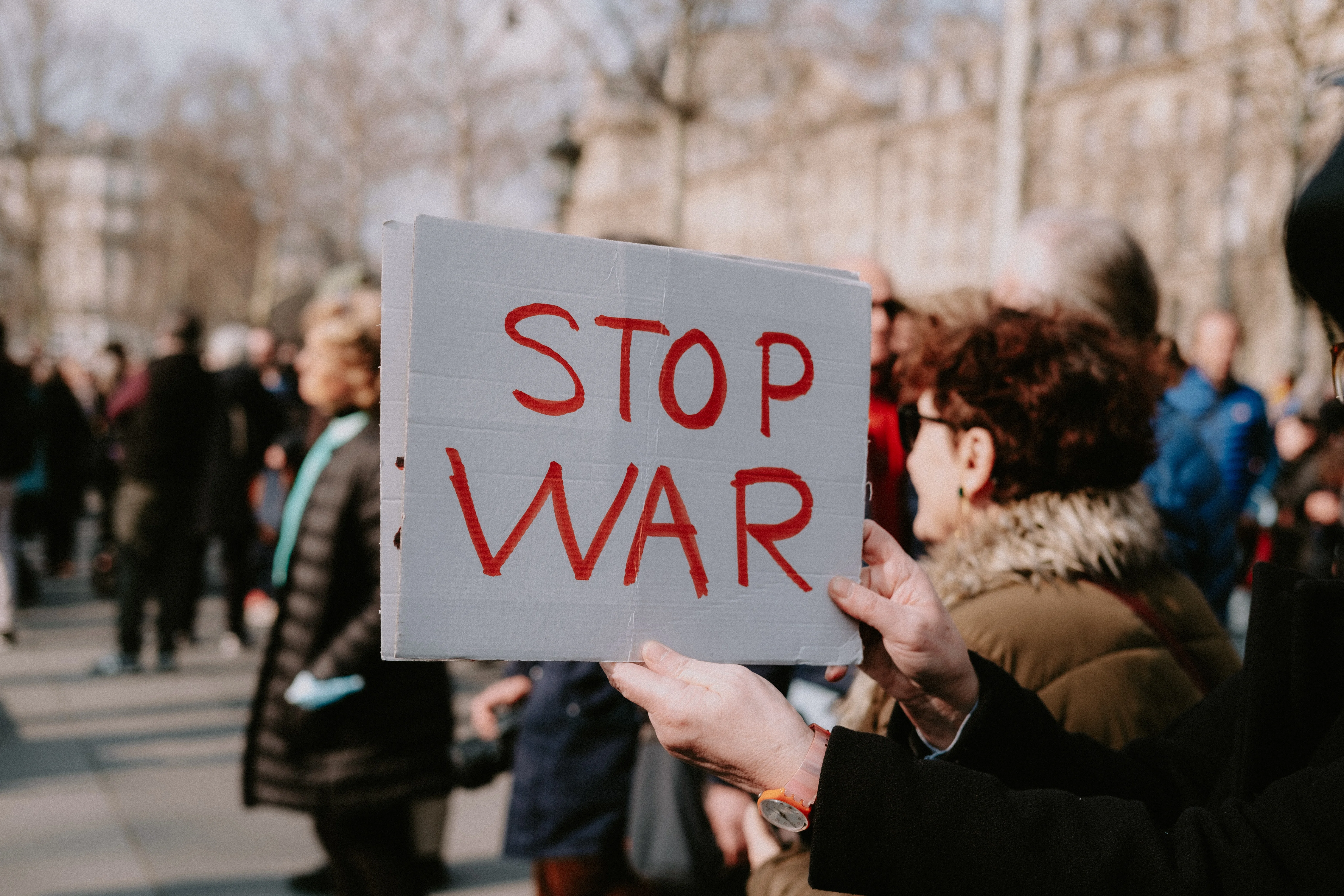Sample by My Essay Writer

Ernst Ju¨nger passionately writes about the war; he describes the war on a more positive note and is pessimistic throughout his book. He is ready to fight for his country against any enemy that comes forth. Ernst Ju¨nger starts by explaining how good it felt to see the morale in the regiment he had regardless of the inclement weather as it was raining profusely (Ju¨nger, 1994). Some shells were falling that led to the death of a couple of soldiers in his company, but this fact did not discourage them as they went on to the war. The author did not mind living in dug holes that were poorly maintained and had little food or no food at all. We see that the author remains positively minded for he was a company commander and people looked up to him during the hardest times. He, therefore, had to be a good leader and lead by example. We see him in many instances keeping his cool even when the worst hits them.
Ernst Ju¨nger was a real leader as he showed his prowess of leadership in a couple of cases. For example, in the first attack, he was left half unconsciousness and even in his terror he gathered the courage to go back to the fatal spot with his members calling out to him for help (Ju¨nger, 1994).He also leads the troop in so many attacks by the enemy. He is fearless in his missions and even at his worst he never bowed down to the enemy as the rest did. This is bearing in mind that he had been severely wounded at the time. He fought back in this state and managed to make an escape where he was helped by his company members. During the war, the author is informed that one of the Lieutenants that was leading one of the companies had died. There was, therefore, a need to pick a new leader for the troop, and the author dealt with the situation with utmost composure. [“Write my essay for me?” Get help here.]
Erich Maria Remarque’s, on the publication, All Quiet on the Western Front explains the war on an entirely different note. In the better part of the war he seems like he does not want to be there, he is not passionate about the war and does not necessarily understand how or why the war is going on. At some point we see the author and his friends discussing why the war erupted claiming that it is unnecessary for it to be there.
In the whole writing, we do not see a case where the author is aggressive and passionate about the war. In fact, at the beginning of the story, Remarque had gone to visit his friends in a different dugout when his dug hole got attacked. He, therefore, was not able to help his members during the attack but all the author says is that he is lucky to be alive (Remarque, 1982 and has no remorse for those who perished. In their first attack, we do not see much aggressiveness of Maria in fighting the enemies. Remarque is full of fear throughout the war. He prefers to rant about the situation in the shelter they are in, how big the rats are and how much they eat their food. How much the rats eat their bread and food supplies.

Ju¨nger and Remarque have very different views on the purposes of the war. Ju¨nger sees the war on a more positive note. He prepared to stand and fight for his nation; to ensure that his country is safe from her enemies. Ju¨nger is ready to die rather than surrender to the enemy at some point in the war when the enemies seemed to subdue them (Ju¨nger, 1994). Ju¨nger takes the war so seriously and on a personal level and does not question why there is war. Throughout the author’s experience, all we see is more energy and vigor in his fights.
The author knows that if he does not fight for his country then the country will be taken over by the enemies and this will cause a lot of sufferings to its citizens. He, however, shows compassion as when he came across a wounded enemy just when he was about to set fire on him the enemy pulled out a picture of him surrounded by many other people and Ju¨nger withdrew from doing harm. He lets the enemy be and goes about his business (Ju¨nger, 1994)[Need an essay writing service? Find help here.]
On the other hand, Remarque and his friends do not see the purpose of the war. They even argue among themselves about the war. The whole conversation starts with Albert asking “But what I would like to know is whether there would not have been a war if the Kaiser had said No.”‘I’m sure there would, he was against it from the first’ the author replied. “Well, if not him alone, then perhaps if twenty or thirty people in the world had said no. “That’s probable, but they damned well said yes,” the author said. “It’s queer when one thinks about it” goes on Kropp “we are here to protect our fatherland. And the French are over there to protect their homeland. Now who’s on the right? (Remarque, 1982)”
The conversation between the friends continues with Albert trying to challenge the author by claiming that their professors and politicians and newspapers believe to be on the right but at the same time, the French teachers and individuals and publications are perceived to be on the right. Albert wants to know who is on the right and the author tells him he no longer knows who it is all he knows is that countries keep on joining the fight every month. The conversation, however, goes on when Tjaden joins again, and it gets vulgar at some point. The above discussion proves that the author and his peers had no idea as to why the war started, they do not know the purpose of the war, and quite frankly it shows a high level of ignorance as well as arrogance on their side. It seems like the author, and his peers are only there because they are soldiers and have been sent to their country on a mission which they definitely cannot decline.


This proves that they are not able to give their best at the war as they feel dragged into a matter that that should have been avoided on the negotiating table. It also proves disconnect between public and the political elites, inclusive of the Kaiser; the men seem convinced that were it not for the Kaiser’s stubborn and egocentric personality, they would not be fighting the war. Ju¨nger’s case contrasts to this by the mere fact that his men feel compelled to fight the war from a personal perspective. They are fighting for their land and families, the men have the urge to protect their loved ones from the enemy and thus fight whole heartedly in the war.
Ju¨nger is a leader, and in the better part of the war, he makes independent decisions. He, however, had some loyal men in his corner that helped him when things got tough. The author can interact with the rest of the company on a very professional level as on several occasions the members of his company refer to him as ‘sir’ and seek his advice in times of danger. The author can take good care of his company and made a lot of sacrifices as he put his members first. This shows a sense of organization as compared to Remarque, the men on Ju¨nger’s side are inspired by their leaders to fight on whereas on Remarque’s front, the men despise their leaders and feel forced to war. [Click Essay Writer to order your essay]
Ju¨nger’s company came a long way with the author’s leadership. The author, however, has no actual friends in the war just real partners in his company. There is no time we see him seated talking with anyone, but his mind is always focused on the war, how to win it and how to organize his company to conquer the enemies with as little casualties as possible best. Sometimes original thinking is what is needed to get through some situations as other people’s thoughts can corrupt a closed mind.
On the other hand, Remarque is always with his peers in the war. The author belonged to a particular dugout where he used to sit around and play skat. This alone proves laziness and lack of determination for the course at hand. He left his dugout one day and went to another dug-out to visit his friends.
Upon his return, there was not much left of his original dug-out because it had been attacked by the enemy and had been blown to pieces by a direct hit, so the author had no choice but to return to the second dugout where he arrived promptly to help in digging it out. The fact that the author had friends he could visit helped save his life for if he were in the dug-out when the attack happened he would have perished just like the rest. However, peers are not always a right choice for every situation. We see them eroding each other’s minds by discussing how they feel about the whole war situation. There are a couple of negative thoughts thrown about that corrode other peoples’ minds. An argument almost erupted as the friends debated on the whole reason the war began.



Throughout Ju¨nger’s writing, there is no much talk about food and the harsh living conditions as this is not what the author’s main focus is. In fact, this one time during the war the author did not realize that he had not eaten anything until he found some food. The author shows the virtue of selflessness because on several occasions he ensures that members of his company get food before he decides to eat. On another scenario we see him pass drinking water to the rest of the members showing that he genuinely cared for them as well. The author lived in the worst conditions most of the time but never complained about it because he knew that he was on a mission and he had to lead by example and not whine about the pettiest things.Sometime during the war, the author with his company get lucky to find a dugout that is adequately supplied with delicious food, alcohol, and weapons. The arms looked new which was much different from what they had. The jam at this dugout was creamy and thick compared to the thin jam they were used to (Ju¨nger, 1994).
Remarque is all about whining. He complains about every little challenge they face. He complained about how much the rats were eating their bread (Remarque, 1992). The mice had grown so big it was disturbing. He complained of the lack of food but did not do much to look for it. One night he was not able to sleep because of the harsh living conditions and his great hunger and thirst. He instead waited for the company leader to get food for them. The author was entirely idle that explains why he found time to get disturbed by little rodents who to him were a threat as they ate their food supplies leaving them with no much to eat.
The author’s situation is entirely different because he has to live with recruits who were not used to war. This resulted to more responsibility for him because he had to look after them. On one occasion the recruits had panicked for they had stayed in the dug-outs for such a long time and one wanted to crawl out of the dug-out regardless of the dangers outside. We see the author trying to hold back the recruit for he is clearly not in his right mind and the recruits are a challenge until the company’s commander came back, and that is when they relaxed. The level of technology explained by both authors in war is different. At times the enemies had better and stronger weapons than they did. During such times they were a bit overwhelmed and in some fights they were able to subdue the enemy’s weapons. However, Ju¨nger’s company had more superior weapons as compared to Remarque’s because with, Ju¨nger they were able to win and conquer the enemy on many occasions, unlike the Remarque’s team who only defended themselves when attacked. Ju¨nger takes charge of his company with utmost dignity and during the war they know what and when to use it. Sometimes they took over the weapons of the enemy increasing their supply, strength, and the likelihood of winning.




The tactics utilized by the Ju¨nger’s company in war is different from Remarque’s. Ju¨nger’s company is more aggressive in their mission, and at times they initiated the attack. Most of the times Remarque were attacked and defended themselves.Ju¨nger’s company had a front line that went ahead of the rest during the war. In a fateful encounter with an enemy, they had made timings of when they would emerge to fight them. There was an informer who gave them prior warning of an attack by the enemy so by the time the enemy got to them they were ready. When Remarque’s team got attacked, they threw grenades at the enemy before they got to them so that they could reduce their fighting strength by the time they got to their dug-outs. With this, it was easier to fight the enemies.
The authors believe that anyone who is involved or goes to fight for his country should be applauded for sacrificing his life for his country. It is a noble thing for anyone to leave his family and everything behind and go to the battlefield to defend his country. This is an act of patriotism. Ju¨nger’s experience is entirely different from Remarque in the war. It can be concluded that Ju¨nger faced a lot of challenges and came close to death more often. He went through harsher conditions and had to face the enemy more times as compared to Remarque.
Remarque had the privilege of going on leave where he was able to meet his family. His mother made him potato cake that he takes back to his peers in the war later. This is a great privilege especially amidst war as some of the soldiers do not even have the opportunity to see their families as they die in war. When the author got home, everyone wanted to know how desperate the war is and his father could not stop asking him questions. Everyone in the streets was curious. People do not necessarily understand that no soldier from war wants to talk about their experiences, so the author feels tormented every time he is questioned in regarding the war (Remarque, 1982).
In conclusion, we can observe that people perceive war differently, some embrace war for their personal gain such as Ju¨nger’s team that had to fight for their land; whereas others deem war and source of miserly and suffering such as Remarque’s team that does not see the need for war but are force to suffer while fighting in the war.
References
Ju¨nger, E., & Hofmann, M. (1994). Storm of steel. New York: Penguin Books.
Remarque, E. M., & Wheen, A. W. (1982). All quiet on the Western front.






